Concerns about ensuring babies acquire weight at a healthy rate are widespread among parents and other caregivers. A baby’s growth and development depend heavily on gaining an appropriate amount of weight, and eating the right meals can help achieve this. This is a list of some of the greatest foods to help a baby gain weight in a balanced and healthful manner.
- Top Nutritional Food for Babies
| 1. Breast Milk or Formula | The primary source of nutrition for infants, both are rich in essential fats, proteins, and vitamins. |
| 2. Avocado | High in healthy fats and calories, avocados are excellent for promoting weight gain and providing essential nutrients. |
| 3. Sweet Potatoes | These are nutrient-dense, providing carbohydrates and vitamins, and can be easily mashed for infants. |
| 4. Bananas | Packed with carbohydrates and calories, bananas are easy to digest and can help in healthy weight gain. |
| 5. Full-Fat Yogurt | A good source of calories and healthy fats, yogurt can be mixed with fruits for added flavor and nutrition. |
| 6. Nut Butters | If allergies are not a concern, smooth nut butters are calorie-dense and can be spread on soft fruits or mixed into cereals. |
| 7. Oatmeal | Rich in fiber and calories, oatmeal can be mixed with breast milk or formula to create a nutritious meal. |
| 8. Eggs | Rich in protein and healthy fats, eggs are versatile and can be scrambled or hard-boiled for easy consumption. |
| 9. Meat and Fish | They provide essential proteins, healthy fats, and important nutrients that support growth and development. |
| 10. Fortified Cereals | Offer essential vitamins and minerals, such as iron and B vitamins, that support growth and overall health. |
- Benefits of Nutritional Food for Baby Weight Gain
A baby’s growth and development depend greatly on proper nutrition, particularly when it comes to gaining weight in a healthy way. Vitamins, minerals, and other elements that are vital for a baby’s physical and mental development can be found in nutritious foods. The following are some advantages of adding nutrient-dense meals to a baby’s diet for a healthy amount of weight gain:
- Supports Balanced Growth
- Enhances Immune Function
- Promotes Healthy Brain Development
- Ensures Proper Digestion and Absorption
- Provides Sustained Energy
- Supports Bone Health
- Aids in Muscle Development
- Enhances Appetite
- Contributes to Healthy Skin and Hair
Some are explain below :
1.Breast Milk or Formula
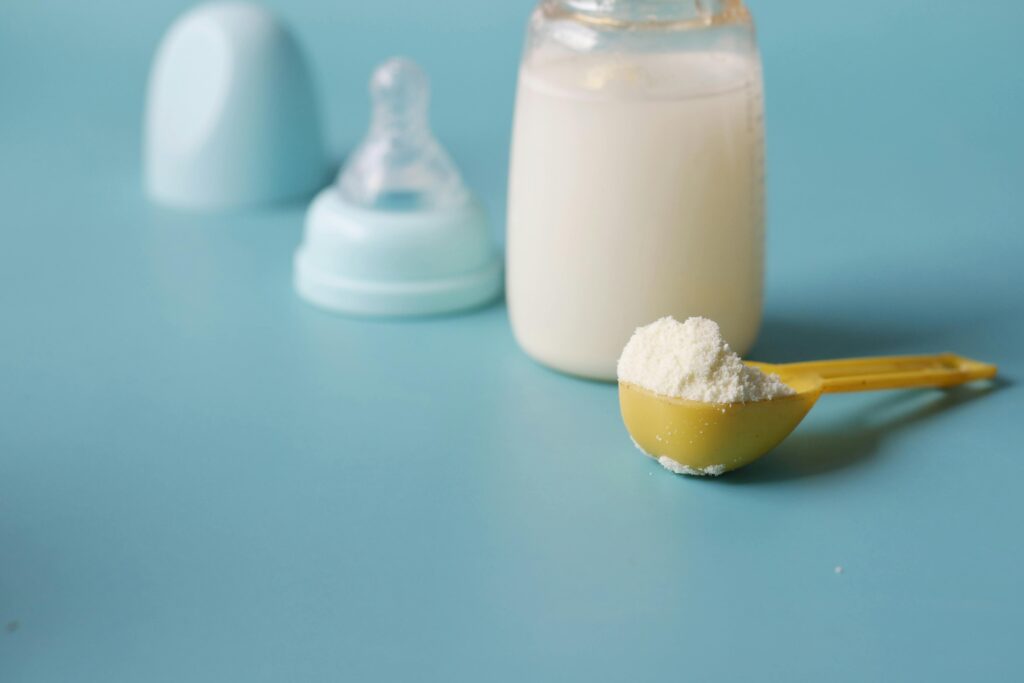
Breast milk or formula should be an infant’s main source of nutrition if they are younger than six months. They both offer the vital minerals and energy required for growth. A premium formula is a good substitute for breastfeeding if it is not possible. See a pediatrician to make sure the formula of choice is suitable for the infant if he or she is not gaining weight at a suitable rate.
2.Avocados

Healthy fats are essential for both weight gain and cognitive development, and avocados are a great source of them. They include a lot of vitamins, minerals, and monounsaturated fats. Avocados can be served as a pureed snack or mashed and combined with formula or breast milk.
3. Sweet Potatoes

Sweet potatoes are a great source of vitamins, minerals, and calories. They are an excellent source of complex carbs, which offer long-lasting energy. For a dinner that is simple to digest, cook the sweet potatoes and mash them or mix them into a smooth puree.
4. Bananas

In addition to being high in calories, bananas are also a good source of potassium and vitamin C, two important vitamins and minerals. They can be mashed or mixed into other foods, and they are simple to digest. Bananas can aid in weight growth if they are served as a snack or combined with cereal.
5. Full-Fat Dairy Products
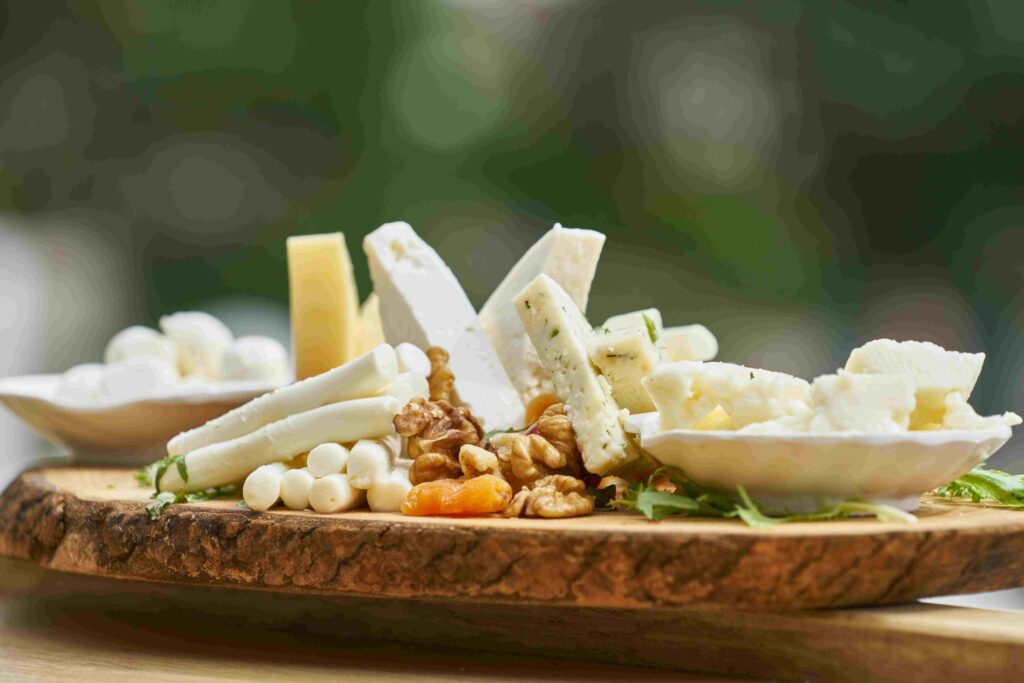
Full-fat dairy products, such as whole milk yogurt and cheese, can be advantageous for older infants and toddlers who have outgrown the stage of exclusive nursing or formula feeding. These goods supply extra calories and vital fats to promote a healthy weight increase. Make sure the introduction of dairy follows pediatric guidelines.
Click here to know Full-Fat Dairy Products
6. Nut Butters
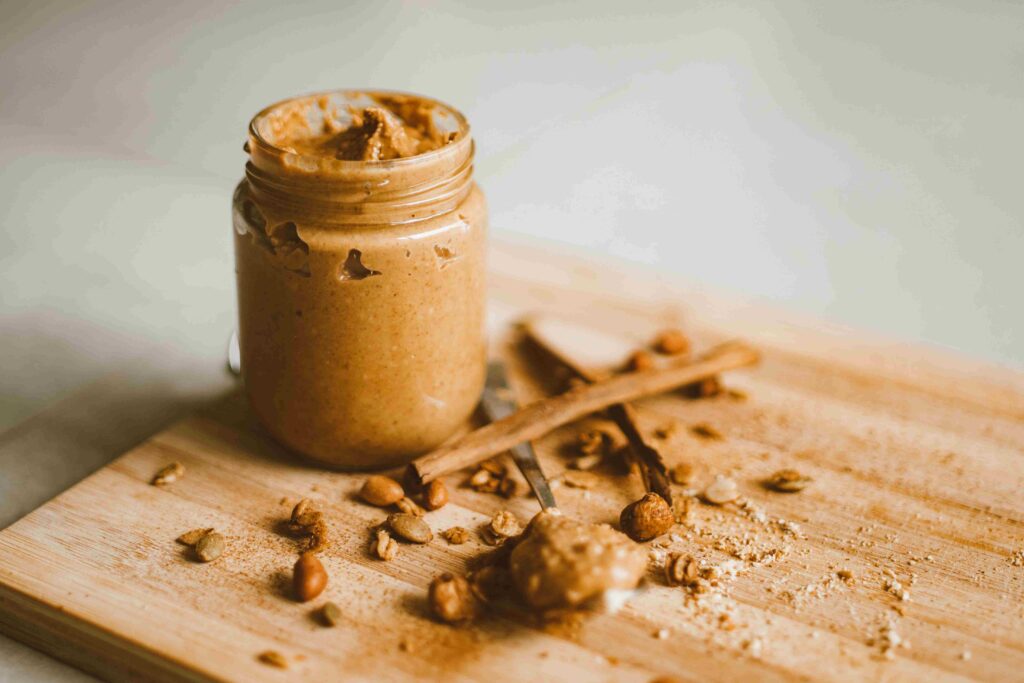
Nut butters, like peanut or almond butter, are high in protein and good fats but also high in calories. To prevent choking dangers, introduce nut butters to younger babies with caution. Small amounts of nut butters can be blended with pureed veggies or fruits.
7. Oatmeal
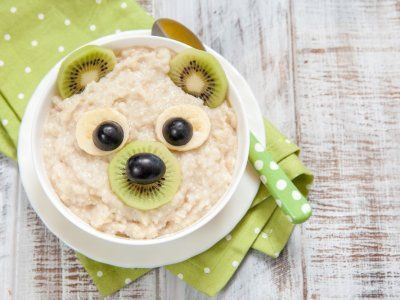
Carbohydrates are abundant in oatmeal, which can also be enhanced with other nutrients. For extra calories, prepare oatmeal with whole milk or formula. You can also add pureed fruit for taste and nutrition. It’s a flexible food that can be adjusted to suit a baby’s tastes.
8. Eggs

Eggs are a great source of good fats and protein. They also provide essential minerals and vitamins. To guarantee that eggs are safe for babies to eat, boil them thoroughly. Egg dishes that have been pureed or scrambled can provide nutrition to their diet.
9. Meat and Fish
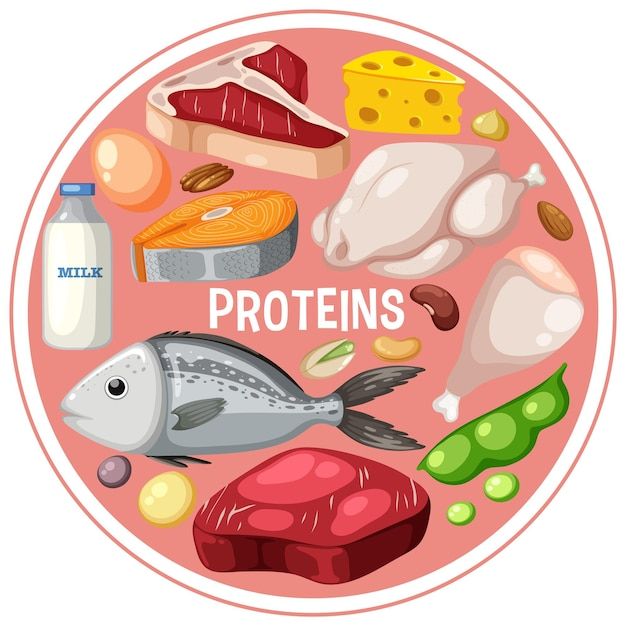
Lean meats and fish are terrific sources of healthy fats and protein for older babies and toddlers. To avoid choking, make sure meats are well cooked and finely chopped or pureed. Salmon and other fish are high in omega-3 fatty acids, which are good for the development of the brain.
10. Fortified Cereals
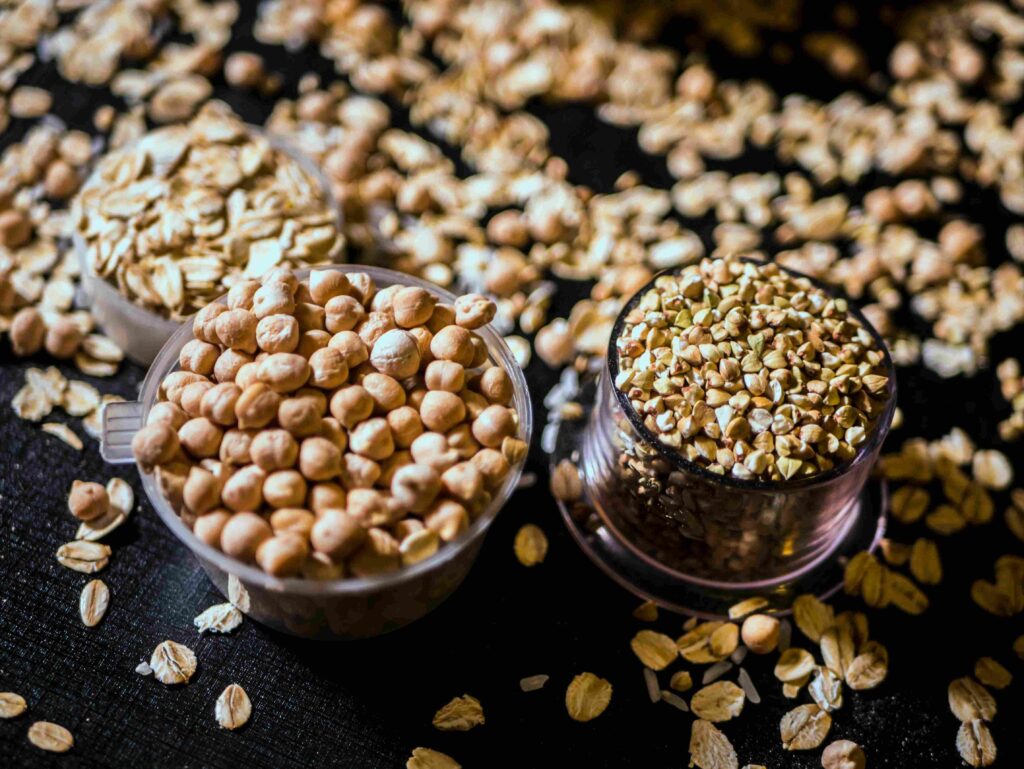
Cereals that have been fortified are meant to include extra minerals, like iron and vitamins, which are necessary for proper growth. For a wholesome lunch, choose baby-specific cereals and combine them with breast milk, formula, or water.
Get to now more about fortified cereals
- What is the right age for introducing nutritional food to a baby ?
Introducing nutritional foods to a baby at the right age is crucial for their growth and development. Here’s a guide on the appropriate age to start incorporating different types of foods into a baby’s diet:
1.Birth to 6 months: Only Milk Consuming
Breast milk or infant formula: Should be the exclusive source of nutrition for the first six months of life. These offer all the calories and nutrients needed for normal development and growth.
Benefits: Vital proteins, lipids, vitamins, and minerals included in breast milk or formula boost immunological response, general health, and brain development.
2. Solid food introduction at 6 months
Commencement of Solid Foods: Babies are usually ready to start solid foods in addition to breast milk or formula about six months of age. This is the time when they require more nutrients than milk can offer.
First Foods: Start with pureed fruits and vegetables and cereals made with only one ingredient and iron supplementation. Rice cereal, applesauce, mashed bananas, and pureed sweet potatoes are typical first foods.
Benefits: Introducing solids promotes continuous growth and development and helps meet the body’s growing nutritional needs, especially those for iron and zinc.
Here is the complete guide to start solid foods.
3. 7 to 9 Months: Increasing the Diet
Introduce a greater range of foods gradually, such as fish and pureed meats, as well as more intricate textures. Additionally, you can begin introducing dairy products, such as yogurt.
Finger meals: Carrots, peas, and little pieces of fruit are among the soft, small finger meals that newborns can handle at this stage. To avoid choking, make sure things are soft and simple to eat.
Benefits: Increasing the baby’s diet exposes him or her to a wider variety of nutrients, encourages self-feeding as a means of developing motor skills, and helps the infant become acclimated to new tastes and textures.
4. 10 to 12 Months: Getting More Difficult
Increased Variety Serve a range of items from every dietary group, such as grains, dairy, fruits, vegetables, and meats. Foods can have less smooth textures and be sliced into small, manageable bits.
Family Foods: At this age, many babies are able to begin eating modified versions of family meals, though they should be cautious about the amount of salt and potential choking dangers.
Benefits: This phase encourages self-feeding independence and aids in the baby’s development of a diverse palate. It also guarantees a balanced nutrient intake and promotes ongoing growth.
5. After 12 Months: Switch to Regular Foods
Regular cuisine: Babies can start eating a variety of family cuisine after the first year. Serve meals that are well-balanced and contain fruits, vegetables, whole grains, and meats.
Balanced Diet: Keep making sure your meals are wholesome and diverse. Formula can be replaced with whole milk or an appropriate substitute, and the baby can gradually move on to self-feeding using utensils.
Benefits: A varied diet encourages ongoing development, growth, and the formation of lifelong good eating habits.
Conclusion
Appropriate meal introduction timing is key to supporting a baby’s healthy growth and development. Babies are certain to obtain the nutrients they need for a healthy development if they are started with single-ingredient solids at six months, progress to a range of foods by nine months, and switch to family meals by twelve months. For individualized advice based on your baby’s unique needs and developmental stage, always seek the advice of a pediatrician.

